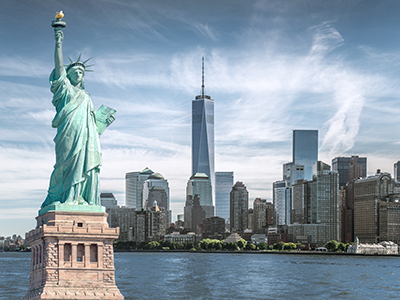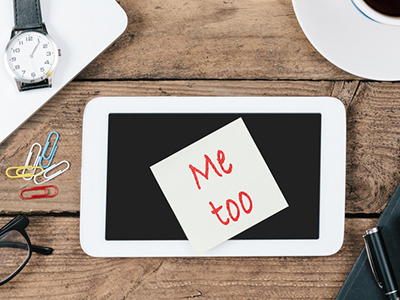On April 11, 2018, the New York City Council passed the Stop Sexual Harassment in NYC Act (the “Act”), a comprehensive package of legislation aimed at combating sexual harassment in the workplace and strengthening New York City’s anti-sexual harassment laws. This is the first major legislative initiative undertaken by new City Council Speaker Corey Johnson, and he explained, “All New Yorkers are entitled to a safe, respectful workplace, and this package of legislation sends a strong message to public and private employers that there is no place for sexual harassment in our City.” The bill is subject to Mayor Bill de Blasio’s approval and he is expected to sign this legislation into law in short order.
There are 11 separate bills included in the Act: three amend the New York City Human Rights Law (“NYCHRL”), three apply to private employers, and the rest apply to City agencies. READ MORE



